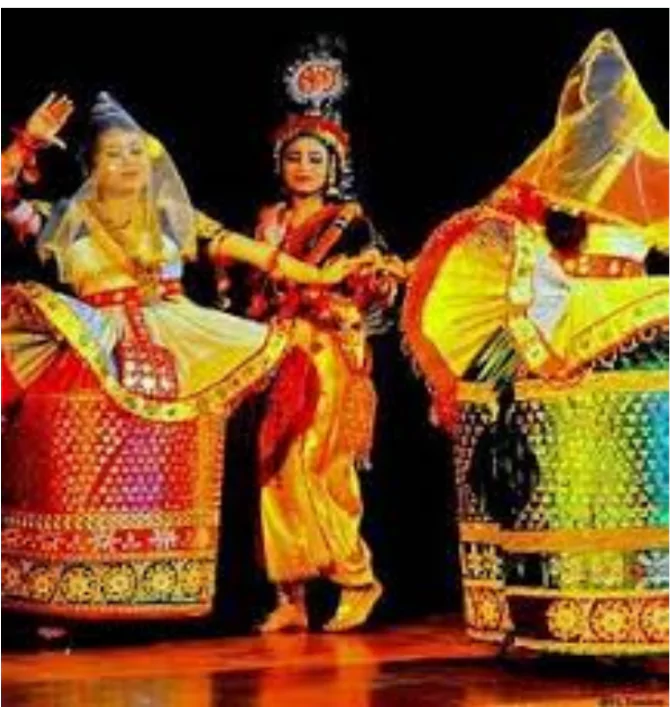![]() April 12, 2024
April 12, 2024
![]() 3731
3731
![]() 0
0
Manipuri classical dance, from Manipur, is characterized by its fluid movements, delicate footwork, and graceful gestures. Rooted in Vaishnavism, it often depicts themes from Hindu mythology, showcasing the region’s rich cultural and religious heritage.

|
|
Must Read |
|
| Current Affairs | Editorial Analysis |
| Upsc Notes | Upsc Blogs |
| NCERT Notes | Free Main Answer Writing |
<div class="new-fform">
</div>
Latest Comments